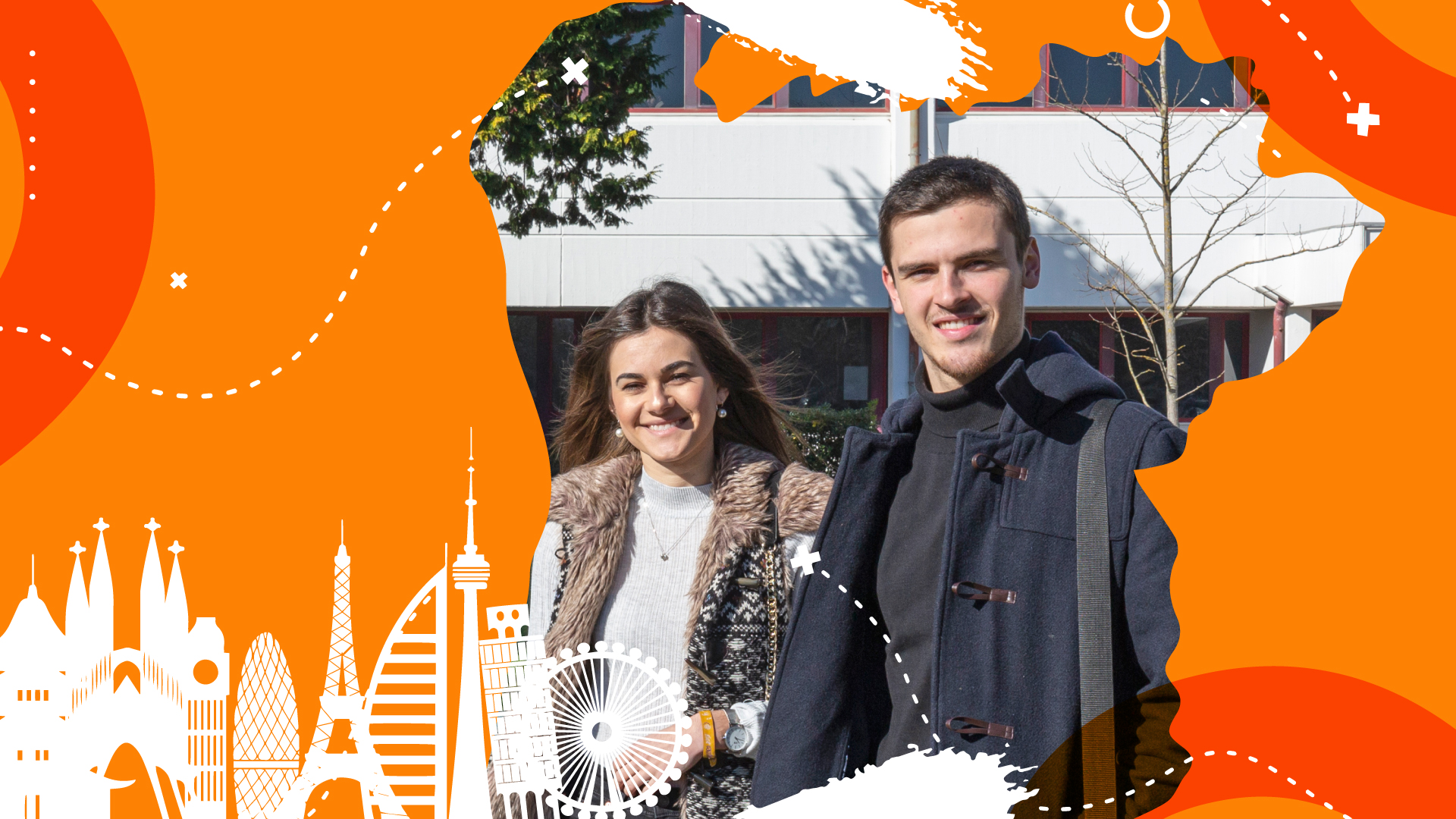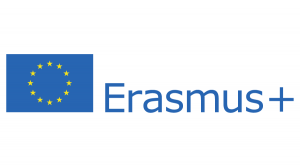- IPVC
- Sobre o IPVC
- Escolas IPVC
- Serviços
- Académicos
- Administrativos e Financeiros
- Bibliotecas
- Expediente e Arquivo
- Gabinete de Avaliação e Qualidade
- Gabinete de Comunicação e Imagem
- Gabinete de Mobilidade e Cooperação Internacional
- Informática
- Recursos Humanos
- Apresentação Geral
- IPVConcilia
- Avaliação de Desempenho
- Procedimentos Concursais
- Título Especialista
- Formação Profissional
- Publicitação de Atos
- Bolsa de Recrutamento de Pessoal Docente
- Lista de Pessoal Docente
- Lista Nominativa
- Lista de Pessoal Técnico e Administrativo
- Segurança e Saúde no Trabalho
- Avaliação de Satisfação
- Documentos de Gestão de Recursos Humanos
- Documentação de Apoio
- Secretariado da Presidência
- Técnicos
- Unidade de Gestão de Projetos
- Sistema de Gestão
- Serviços de Ação Social
- Estudar
- Cursos
- Estudante IPVC
- Guia de Acolhimento
- Provedor do Estudante
- Representação da Comunidade Estudantil nos Órgãos da Instituição
- Calendário Escolar
- Propinas e Emolumentos
- Renovação de Inscrição
- Horários e Assiduidade
- Mapa de Exames
- Estatutos Especiais
- Certidões, Inscrições e Requerimentos
- Frequência de Unidades Curriculares Isoladas
- Creditação / Certificação de competências
- Suplemento ao Diploma
- Carta de Curso
- Mobilidade
- Apoio aos alunos
- Legislação e Regulamentos
- Estudante Internacional
- Candidato IPVC
- Acesso e Ingresso
- Ano Zero
- Gabinete de Acesso
- Candidaturas ao Ensino Superior
- Regimes Especiais de Acesso
- Concursos Especiais
- Maiores de 23 anos
- Diplomados de Vias Profissionalizantes
- Reingresso, Mudança de Instituição/Curso
- CTeSP
- Mestrados
- Pós-Graduações
- Frequência de Unidades Curriculares Isoladas
- Matrícula e Inscrição
- Estatutos Especiais
- Propinas e Emolumentos
- Legislação e Regulamentos
- Reconhecimento de Graus e Diplomas
- ALUMNI
- Innovation
- Investigar
- Internacional
- Viver
- IPVC
- Sobre o IPVC
- Escolas IPVC
- Serviços
- Académicos
- Administrativos e Financeiros
- Bibliotecas
- Expediente e Arquivo
- Gabinete de Avaliação e Qualidade
- Gabinete de Comunicação e Imagem
- Gabinete de Mobilidade e Cooperação Internacional
- Informática
- Recursos Humanos
- Apresentação Geral
- IPVConcilia
- Avaliação de Desempenho
- Procedimentos Concursais
- Título Especialista
- Formação Profissional
- Publicitação de Atos
- Bolsa de Recrutamento de Pessoal Docente
- Lista de Pessoal Docente
- Lista Nominativa
- Lista de Pessoal Técnico e Administrativo
- Segurança e Saúde no Trabalho
- Avaliação de Satisfação
- Documentos de Gestão de Recursos Humanos
- Documentação de Apoio
- Secretariado da Presidência
- Técnicos
- Unidade de Gestão de Projetos
- Sistema de Gestão
- Serviços de Ação Social
- Estudar
- Cursos
- Estudante IPVC
- Guia de Acolhimento
- Provedor do Estudante
- Representação da Comunidade Estudantil nos Órgãos da Instituição
- Calendário Escolar
- Propinas e Emolumentos
- Renovação de Inscrição
- Horários e Assiduidade
- Mapa de Exames
- Estatutos Especiais
- Certidões, Inscrições e Requerimentos
- Frequência de Unidades Curriculares Isoladas
- Creditação / Certificação de competências
- Suplemento ao Diploma
- Carta de Curso
- Mobilidade
- Apoio aos alunos
- Legislação e Regulamentos
- Estudante Internacional
- Candidato IPVC
- Acesso e Ingresso
- Ano Zero
- Gabinete de Acesso
- Candidaturas ao Ensino Superior
- Regimes Especiais de Acesso
- Concursos Especiais
- Maiores de 23 anos
- Diplomados de Vias Profissionalizantes
- Reingresso, Mudança de Instituição/Curso
- CTeSP
- Mestrados
- Pós-Graduações
- Frequência de Unidades Curriculares Isoladas
- Matrícula e Inscrição
- Estatutos Especiais
- Propinas e Emolumentos
- Legislação e Regulamentos
- Reconhecimento de Graus e Diplomas
- ALUMNI
- Innovation
- Investigar
- Internacional
- Viver

What is Erasmus+?

What is Erasmus+?
The Erasmus+ Program supports the education, training, youth, and sport sectors within an intra-European context of international cooperation. These sectors are fundamental to addressing the socioeconomic changes and main challenges that Europe will need to face by the end of the decade and to supporting the execution of the Europe 2020 strategy for growth, jobs, social equity, and inclusion.
The program’s main objectives are to support the creation of a European Higher Education area and to reinforce the contribution of Higher Education and advanced Vocational Education to the innovation process.
The 2014-2020 Erasmus+ program, which has been extended to the end of 2021 due to the Covid-19 pandemic, offers opportunities not only for students. With the merger of seven prior programs, this program has opportunities for a wide variety of individuals and organizations.
Through the Erasmus+ Program, Higher Education Institutions can provide their Students and Teaching and Non-Teaching Staff with a study or traineeship period or a teaching or training assignment at Higher Education Institutions or Foreign Businesses in eligible countries for a minimum duration of three months and a maximum of one academic year and thus enrich the educational range of their academic community by promoting inter-cultural interaction and learning via other techniques and skills in the intended areas of specialization.
IPVC has participated in the Erasmus+ program since the approval of its European strategy, as reflected by IPVC’s Erasmus Charter for Higher Education.
Within the scope of the ERASMUS+ Program, IPVC provides the following types of decentralized actions, which are managed by the National Agency:
Student Mobility
- For a Study period (Student Mobility for Studies – SMS )
- For a Traineeship period (Student Mobility for Placement – SMP)
- For a Traineeship period as a recent graduate
- For a Traineeship period as a Teaching Assistant
Teaching Staff Mobility – Teaching Assignments (STA)
- Teaching Staff from the National Higher Education Institution (HEI) – Lecturing at a foreign HEI
- Staff from a foreign Business, upon invitation of the National HEI – Lecturing at the National HEI
Staff Mobility – Professional Training (STT)
- Teaching and Non-teaching staff from the National HEI for training at a foreign HEI
- Teaching and Non-teaching staff from the National HEI for training at a foreign Business
Objectives
The main objectives of the Erasmus+ program include:
- Supporting the development of quality lifelong learning and the possibilities it provides
- Reinforcing personal fulfillment, social cohesion, active citizenship, and European citizenship
- Promoting creativity, competitiveness, and employability
- Enhancing participation in lifelong learning
- Promoting learning and linguistic diversity
- Exploring innovative outcomes, products, and processes
Operational objectives
- Improving and adding actions of multilateral cooperation
- Reinforcing the degree of transparency and compatibility between qualifications
- Improving actions of cooperation between higher education and businesses
- Developing innovative practices in higher education and professional training
- Supporting the development of ICT-based content, services, teaching methods, and innovative practices within the context of lifelong learning
Erasmus Policy Statement
Document
Erasmus University Charter
Mobility regulation
Document
CookiesPolicy
Setting cookiesAccept